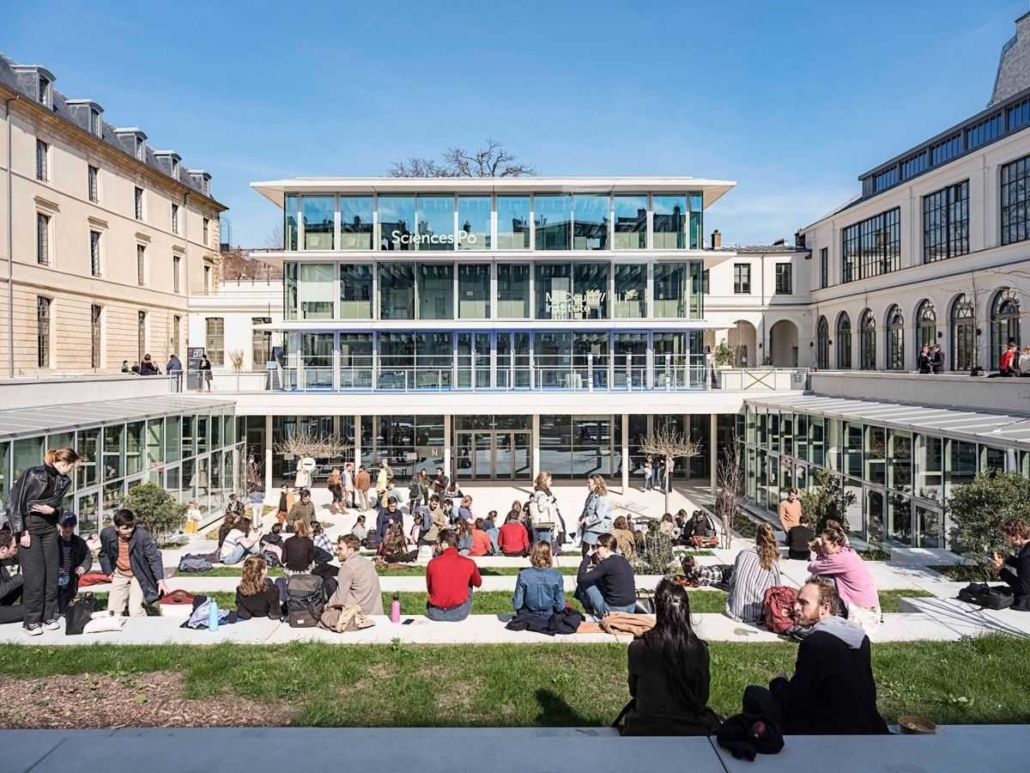Follow us on social media
@sunbelt2025paris
@sunbelt2025paris.bsky.social
@sunbelt-paris-04810836b
How to self-organize in a session
Unfortunately, many session organizers have to cancel at the last minute their participation in the Sunbelt due to funding problems and/or destructive science policies. Therefore, we provide below some general practical information on how to manage a session during the conference when the session organizer(s) is/are not available.
The tradition is that the group of presenters self-organizes in the following way:
The last presenter in the session, as defined by the schedule, steps in as session chair. Their willingness to help ensures the session will run smoothly despite the absence of the session organizer.
The session chair's responsibilities are straightforward:
- Introduce each speaker briefly before their presentation
- Keep track of time to ensure each presenter stays within their allocated slot
- Facilitate the Q&A discussion after each talk
- Contact the conference organizers if any technical issues arise
This arrangement often works particularly well. As the final speaker, the session chair has a natural interest in ensuring everyone adheres to their time limits.
Please feel free to bring your own style to chairing the session. The main goal is to create a welcoming environment where presenters feel supported and audience members feel encouraged to engage in discussion.
Thank you for following these rules and taking on this role.
With thanks and best regards,
The organizing committee

Sorbonne Université
Sorbonne University (French: Sorbonne Université) is a public research university located in Paris, France. The institution’s legacy reaches back to the Middle Ages in 1257 when Sorbonne College was established by Robert de Sorbon as one of the first universities in Europe.

Sciences-Po Paris
Sciences Po is an international research university, both selective and open onto the world, ranking among the finest institutions in the fields of humanities and social sciences.














